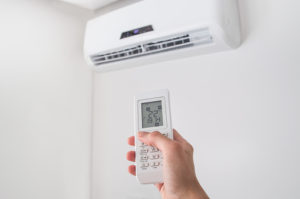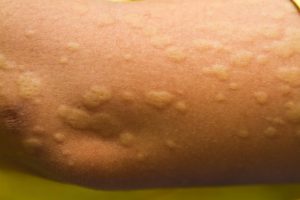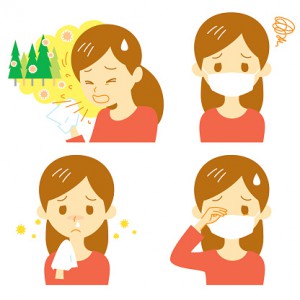Moooove over cow and goat’s milk, oat milk is the latest lactose-free, protein enriched, low in fat, flavorful choice for the vegan and lactose intolerant lifestyle.
Oat milk is a dairy-free milk alternative that is made from oats. It has a ratio of 1 cup of oats to ¾ cup of water. The mixture is then strained to create a liquid.
According to https://www.livestrong.com, oat milk is a healthy alternative to whole milk and skim milk. It is rich in vitamin D, iron, calcium, potassium and fiber. One cup of store bought oat milk may have up to 120 calories, 5 grams of fat, 3 grams of protein, 14 grams of carbohydrate and 2 grams of fiber.
Comparatively, cow’s milk contains 3.5% fat, 146 calories, 11 grams of carbohydrate, 8 grams of protein and 8 grams of fat and skim mild has 83 calories, 122 grams of carbohydrate, 0.2 grams of fat and 8 grams of protein. Even though the numbers for skim milk seem better than oat milk, skim milk still contains lactose.
Consumers are turning to oat milk because it can be a healthier choice for those who are allergic to the lactose in milk, as well as nuts and gluten. Oat milk can be purchased or homemade. Some opt for the homemade version so there is less risk of cross contamination with wheat, rye, barley and nuts at the manufacturing plant. This is of great importance for those with allergies or celiac disease.
Oat milk tastes good, comes in flavors and can be used for coffee, cereal or in any way you would use cow’s milk or a milk alternative.
All content of this newsletter is intended for general information purposes only and is not intended or implied to be a substitute for professional medical advice, diagnosis or treatment. Please consult a medical professional before adopting any of the suggestions on this page. You must never disregard professional medical advice or delay seeking medical treatment based upon any content of this newsletter. PROMPTLY CONSULT YOUR PHYSICIAN OR CALL 911 IF YOU BELIEVE YOU HAVE A MEDICAL EMERGENCY.







